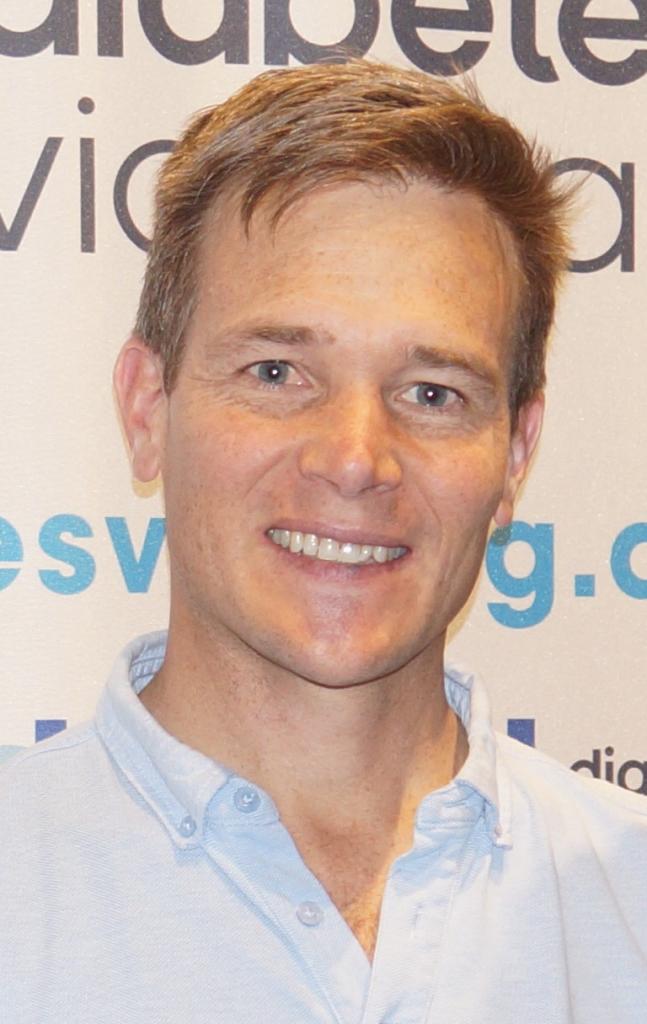
A/Prof John Wentworth
A single blood test could accurately predict type 1 diabetes progression in at-risk patients, improving screening efficiency and reducing costs, an Australian-led study has shown.
The study assessed an individual blood test’s ability to predict disease progression in 3,500 patients at high genetic risk for type 1 diabetes versus the standard two to five tests taken prior to and 30, 60, 90 and 120 minutes post oral glucose tolerance test (OGTT).
It found the standalone blood test taken 120 minutes after OGTT, which calculated risk based on plasma glucose, C-peptide, sex, age, BMI, HbA1c and insulinoma antigen-2 autoantibody status was a “comparably accurate, yet more practical tool than the DPTRS, DPTRS60 or Index60” across patients aged two to 45, the authors wrote in Diabetologia.
In TrialNet patients, the area under curve (AUC) for models based on sampling at 60 (M60), 90 (M90) and 120 (M120) minutes, was 0.760, 0.761 and 0.45, respectively, the authors reported.
“These were not significantly different from the AUC of 0.760 for the gold standard Diabetes Prevention Trial Risk Score, which requires five OGTT blood samples,” they wrote.
In young children, where only 120 minute blood samples were taken, the M120 area under the curve was 0.865. In Fr1da, the M120 AUC was 0.742 — significantly greater than the M60 AUC of 0.615.
Although other models helped predict disease progression, the authors focused on M120 because it “performed well relative to DPTRS, DPTRS60 and Index60, and because it is most relevant for pre-symptomatic screening, where 120 min sampling is mandatory for type 1 diabetes staging, and therefore routinely performed for autoantibody-positive people”.
“For several years, we have believed that multiple blood samples increased the accuracy of the oral glucose tolerance tests,” study author, Royal Melbourne Hospital endocrinologist Associate Professor John Wentworth said in a media statement.
“What we found, is that the blood sample taken two hours after the glucose drink predicted a clinical diagnosis with high accuracy.”
“Information collected from the study is expected to lead to improved screening efficiency and early diagnosis and treatment for type 1 diabetes.”
Further efficiency could be achieved by providing an at-home kit, allowing patients to record fasting capillary glucose and ingest glucose prior before arriving at the collection centre for their 120 minute blood draw, the authors suggested.